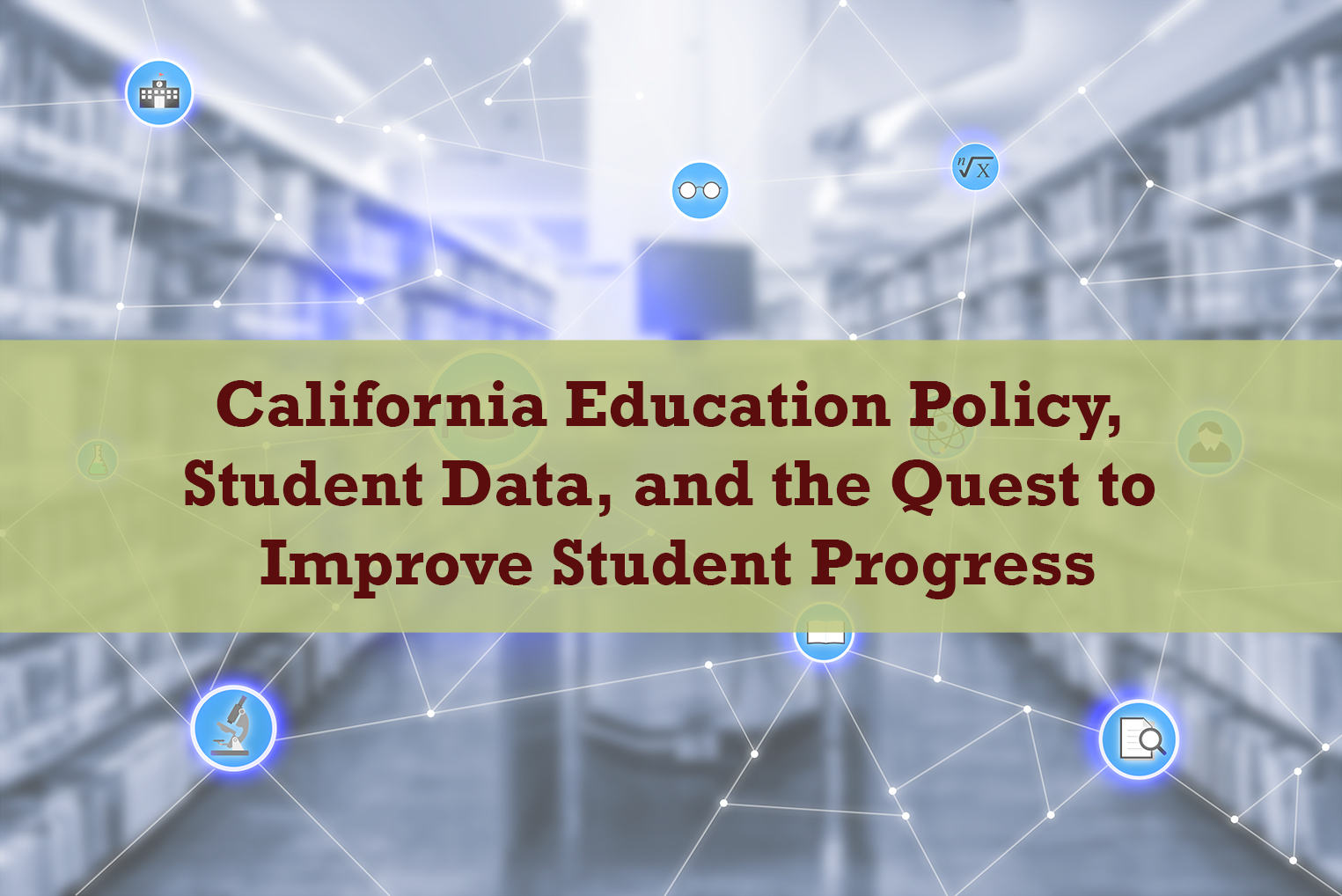Based on interviews with educators from K-12 community colleges and four-year institutions in six regions across the state, Scaling Goodwill: The Challenges of Implementing Robust Education Data through Regional Partnerships outlines the challenges inherent in utilizing regional approaches to sharing data across education systems as a substitute for a statewide data system. Without state-level investment in better integrated data systems, local and regional data collection efforts will likely be unable to access the information needed to make informed decisions to improve student outcomes. Even regional partnerships that have functioned effectively for many years face serious challenges with the cross-systems data component of their work. This brief analyzes the benefits and challenges of participating in these local and regional data sharing efforts in order to help both institutions and the state understand what is working and where changes are needed to improve student progress and outcomes.
This brief is the third in the series California Education Policy, Student Data and the Quest to Improve Student Progress, which examines California’s approach to gathering and sharing data on student progress through the public education system.
 REPORTS IN THE SERIES
REPORTS IN THE SERIES
Brief 1: Gaps in Perspective: Who Should Be Responsible for Tracking Student Progress Across Education Institutions? An analysis of the perspectives of state and local leaders on who should be responsible for gathering and sharing data about students’ progress.
Brief 2: California’s Maze of Student Information: Education Data Systems Leave Critical Questions Unanswered. An overview of student-level data collected and maintained in California, a summary of past efforts to develop a more comprehensive system, and an exploration of the strengths and weaknesses of the state’s approach to education data.
Brief 3: Scaling Goodwill: The Challenges of Implementing Robust Education Data through Regional Partnerships. An analysis of some local and regional efforts to share data across institutions and systems that includes the benefits and challenges of participating in these efforts.
Brief 4: A Hunger for Information: California’s Options to Meet its Statewide Education Data Needs. An exploration of lessons for California from other states’ efforts to improve their education data systems, and some conclusions concerning a path forward to improve California’s data systems for use in understanding and improving education policy and practice.

